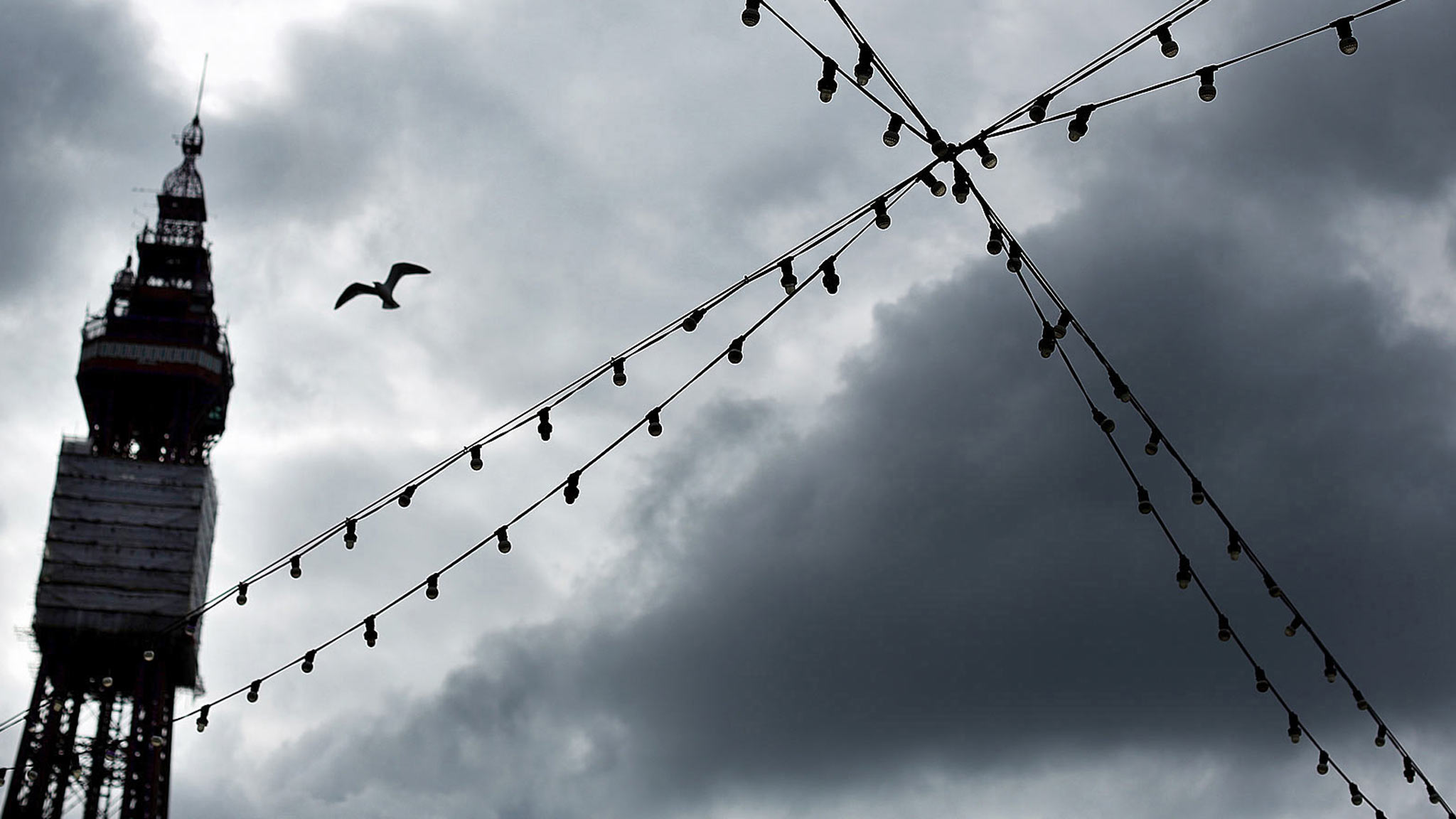Lyn Adams had expected a typically restrained start to the year following a "cracking" Christmas at her upmarket whiskey boutique off Guildford's cobbled High Street.
But brisk sales ahead of Burns Night were soon followed by Valentine's day, which brought a surge in townswomen buying £50 ($76) bottles for their husbands and boyfriends. "I was battling to keep the shelves filled up," says the Whisky Shop manager.
In an uncertain economic climate, this prosperous Surrey town 27 miles southwest of London shows that the impact of government welfare cuts is not shared equally across the nation.
Research commissioned by the Financial Times into the impact of welfare cuts on local economies found the borough among the 10 least affected local authorities, with £263 lost per working age adult annually by 2015, compared with £475 nationally and £561 in the northwest.
Guildford has a long history as an important economic staging post, first as a stop on the Pilgrims' Way, a historic pilgrimage route from Winchester to Canterbury, then as a key junction for canal and rail transport in the 19th century.
But its reputation for affluence was sealed in the 20th century, when fast rail links to London established it as a popular dormitory town for bankers, lawyers, accountants and other professional workers. Today, a little more than half the working population commutes into the capital.
Beyond Guildford town, the borough is replete with villages of picture postcard perfection. Surrey boasts higher-than-average wealth: gross disposable household income per head was £21,501 in 2010 versus £15,727 for the UK, while the county was the second richest area in the UK after Inner London West by income.
Guilford's local economy is also bolstered by the presence of large employers such as BAE Systems Detica, a cyber security specialist, and Ericsson, the telecoms group.
Local expertise in science, IT and pharmaceutical industries is strong, with the University of Surrey based in the town as well as spinout companies such as Surrey Satellite Technologies. The robust labor market is reflected in a jobless claimant count of 1.6 per cent, compared with a UK average of 3.9 per cent.
On a High Street buzzing with activity on a chilly day, Guildford resident Barbara Jones, 69, says retailers are "as busy as ever." "Shops have closed down but as soon as one closes another opens in its place. I would say [austerity] has had very little impact," she said.
Waitrose, a favourite of the middle classes, last year won planning permission for a large supermarket in the town.
Others agreed that the area seemed immune from the problems of the wider British economy. At Tom Fox, a bespoke suit brand up the road from the Whisky Shop, tailor-made suits cost an average of £700 – the kind of discretionary purchase that might have been expected to fall away during difficult economic times.
But Philip Denning, founder and director, says his trade has expanded continuously since he opened two years ago. "I started from nothing and I've been growing month-on-month. People here seem completely unaffected by the cuts," he says.
For those on good wages, he says, low interest rates and low inflation may even have boosted spending. "Many people here have never had it so good."
The housing market is buoyant, with average values at £421,000 compared with £234,000 in England, according to data from Zoopla, the property group. In a ranking of counties by total property value, Surrey comes third after London and Essex.
But Guildford has its share of low-income groups and relatively high levels of public sector employment compared with the rest of Surrey. Chris Mansfield, head of economic development at Guildford borough council, warns that since many of the public spending cuts are yet to come into force, the local impact could yet worsen. "There will be consequences to some degree," he says.
For now, Ms Adams is convinced she is in the right place. She points out her most expensive whiskies, a four-bottle limited edition set from maker Sirius that carries a price tag of £6,500. "We've sold three sets in the last year."











